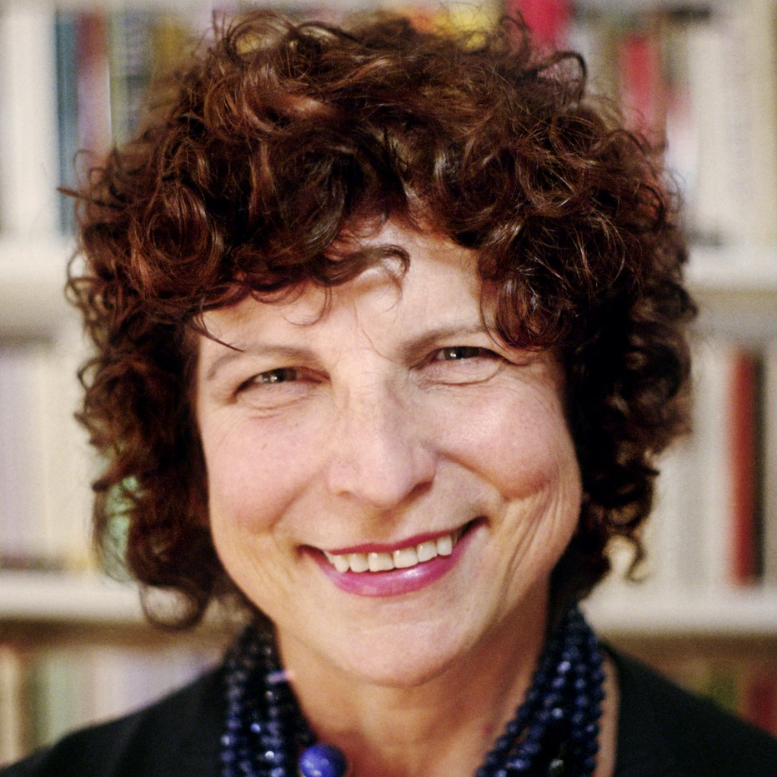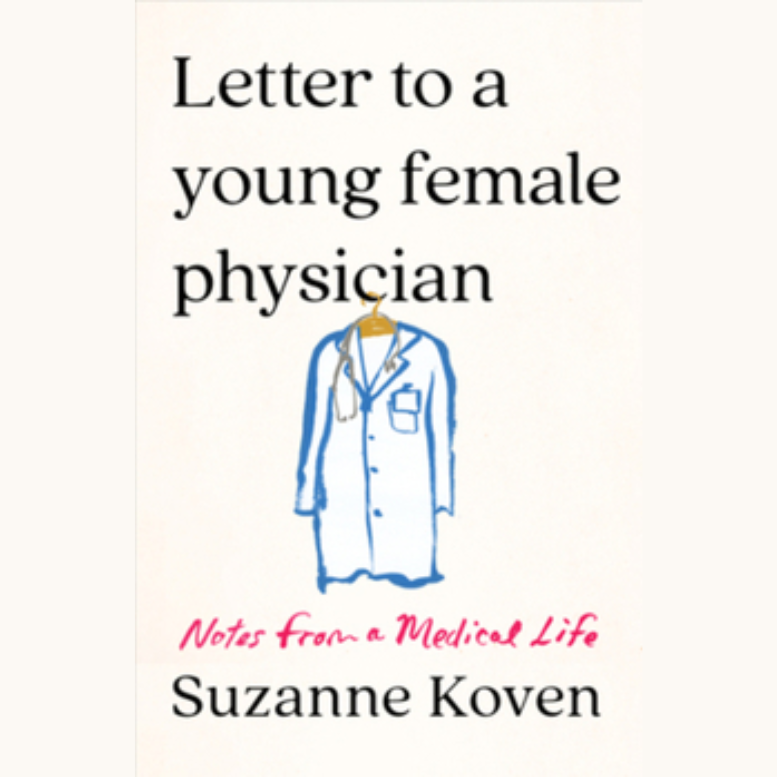
Thirty years after she was a medical intern, Suzanne Koven, MD, MFA wrote an essay, “Letter to a Young Female Physician,” telling newly minted doctors what she wished she knew back then. She described the sexist assumptions, “some infuriating, some merely annoying,” that plague medicine and “another, more insidious obstacle”: the fear of being a fraud, the “imposter syndrome” she struggled with for much of her career.
Published in the New England Journal of Medicine in 2017, the frank and funny essay received such acclaim that Koven expanded her letter into a book with the same title.
Now a primary care physician, member of the Harvard Medical School faculty, and the inaugural writer-in-residence at Massachusetts General Hospital, Koven will be the keynote speaker for the Cindy Wool Memorial Seminar for Humanism in Medicine next month, presented by the University of Arizona College of Medicine and Jewish Philanthropies of Arizona.
The seminar is free thanks to the sponsorship of the Cindy Wool Memorial Seminar Fund, housed at the Jewish Community Foundation.
Ross Dubois, manager of special projects in the office of the dean at the College of Medicine, says when he came across Koven’s book, he knew her work would resonate with students.
Koven will give her talk, “Unlocking Healing Narratives: The Transformative Power of Storytelling in Health Care,” on Tuesday, Feb. 13, at 6 p.m. at the UArizona Health Sciences Innovation Building and virtually via Zoom.
She also will lead a lunchtime “Narrative Medicine Master Class” for medical students.
“Storytelling isn’t extracurricular to medicine, it’s the essence of medicine because it’s the essence of the way human beings communicate,” Koven says.
She says many factors conspire to crowd out telling and listening to stories in caregiver-patient interactions, from short visit times and hospital stays to electronic medical records that force caregivers to tap on a keyboard as the patient speaks.
But in a Harvard Medical School orientation program where students ask patients for one piece of advice as they enter the profession, 100% say, “I want you to listen to me.”
Koven says many young clinicians, particularly women — doctors, nurses, therapists, and others — dismiss having good communication skills as no big deal.
They think, “‘Well sure, anybody can do that.’ But it is a big deal, and anybody can’t do it,” she says. When people lack good communication skills, it can mean more than an unpleasant encounter for the patient.
“It can have a really significant effect on health outcomes,” Koven says. Paying attention to patients’ stories “isn’t the cherry on top.”
 Koven fills her book with stories of patients and of her successes, foibles, and failures, including not recognizing her mother’s angina symptoms before her mother had a heart attack.
Koven fills her book with stories of patients and of her successes, foibles, and failures, including not recognizing her mother’s angina symptoms before her mother had a heart attack.
For years, women’s cardiac symptoms, which often differ from men’s, were considered “atypical.” One cardiologist dubbed this sexist perspective “Yentl syndrome” after the character in an Isaac Bashevis Singer story who disguises herself as a man (Barbra Streisand played Yentl in the movie version). When Koven calls her mother’s case a perfect example of Yentl syndrome, a colleague corrects her. “What it’s a perfect example of is that doctors shouldn’t take care of their own families,” he tells her.
Despite the title of her book, Koven says much of it applies to people who are not physicians, young, or female.
When she published her essay, she got messages from many men who assured her imposter syndrome was not just “a woman thing.”
Koven no longer suffers from imposter syndrome, but it took a long time to get over it.
One cure is talking about it, she says, explaining that imposter syndrome is basically about shame, and “shame thrives in isolation.”
It also helps to realize you are not the only one who feels that way. Logically, if numerous medical students think they’re imposters, they can’t all be frauds.
And if not being an imposter means being 100% perfect, well, who among us is?
In her essay, Koven writes, “Dear young colleague, you are not a fraud. … Your training will serve you well. Your humanity will serve your patients even better.”
The Cindy Wool Memorial Seminar for Humanism in Medicine is named for a community member who died in 2008 at age 54 of complications from leukemia. Registration for the seminar is available here.





